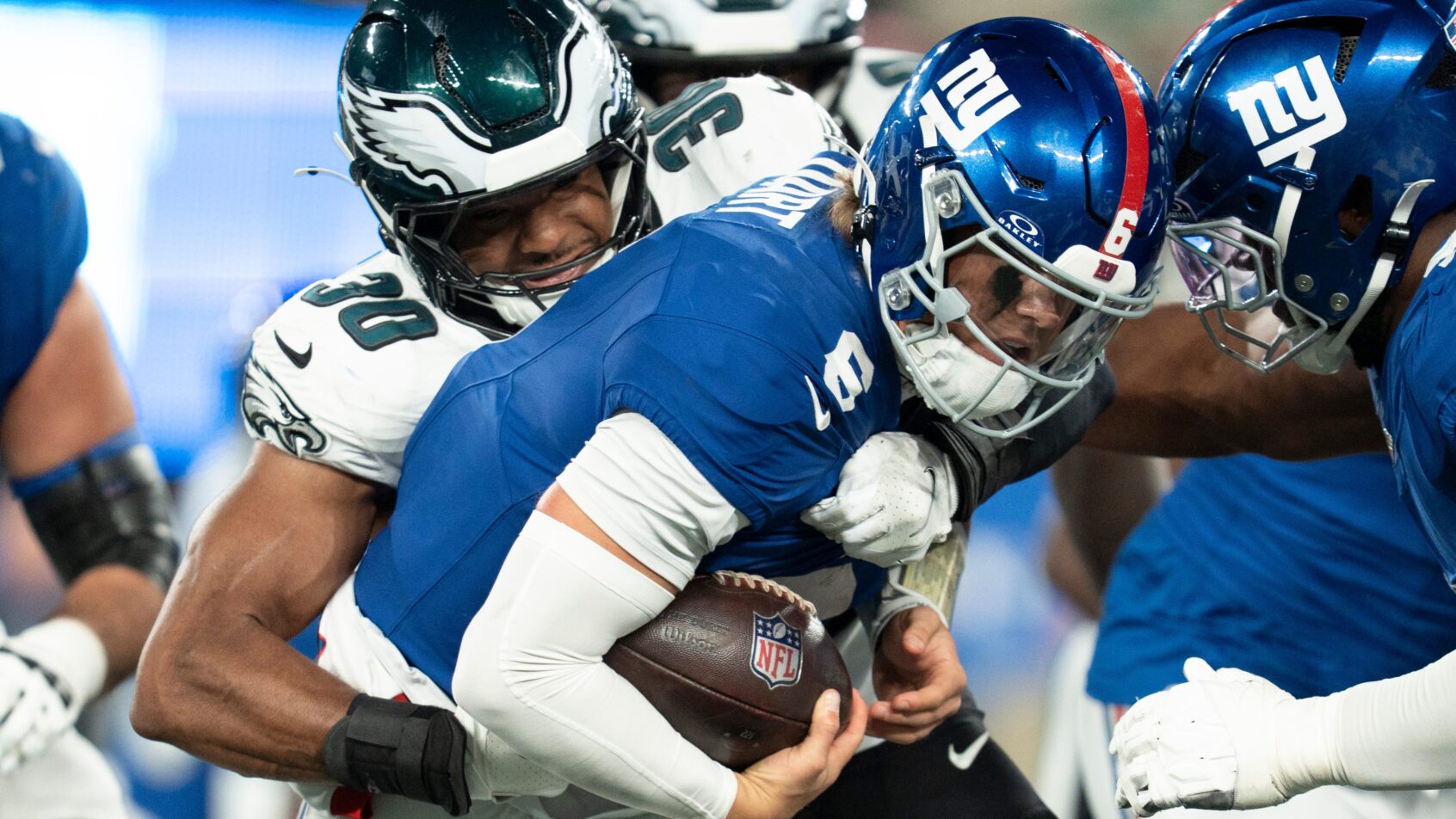Assembly Member: Need to Ensure Integrity of New York Sports Betting Market
By Robert Linnehan in Sports Betting News
Published:

- New York Assembly Member Alex Bores (D-73) recently filed a bill to prohibit limiting of sports bettors
- Bill is designed to “ensure the integrity of the game and improve user experience”
- Legislation still has safeguards to allow problem gamers or those “cheating” to be limited
If New York sports betting operators are allowed to advertise about customers winning big in the Empire State, than that claim should at least be true, said one New York Assembly Member.
New York Assembly Member Alex Bores (D-73) recently filed a bill to prohibit limiting New York sports bettors after hearing from a number of constituents complaining about the practice. The legislation, he said, is simply a way to “ensure the integrity of the game and improve user experience.”
“Sports betting companies market themselves as a place where anyone can win, but that simply isn’t true. When people figure out perfectly legal ways to win money, they’re frequently banned or limited,” Bores told Sports Betting Dime.
Everyone Should Have Chance to Win
Bores’s proposed bill, A09125, will amend the racing, pari-mutuel wagering, and breeding law if approved. New York’s legislative session has concluded until January, but bills filed in 2025 will roll over into the 2026 portion of the state session.
If approved, online sports betting platforms “shall be prohibited from limiting the size or frequency of deposits or wagers of authorized sports bettors” if a sports betting user experiences “financial benefit” as a result of their wagering activity.
New York’s sports betting market should be viable for all customers and not punish those who are “too good” at sports betting.
“It’s a bill concerned with ensuring the integrity of a free market. I can’t think of many examples where someone is banned from their business for ‘being too good at it’ or ‘making too much money.’ We don’t limit successful stock traders, profitable entrepreneurs, or anyone else earning a living by following the law. The bill also explicitly allows companies to ban or limit users for cheating,” Bores said.
Sports betting operators actively advertise that anyone can win using their platforms, Bores said, and this statement should be true.
“If you advertise that ‘anyone can win,’ that claim should be true. Banning winners hurts those who lose money as well. If an app can arbitrarily limit sharps, they can offer much worse odds on popular but unlikely-to-pay-out bets, because no one is taking the other side. Thus, all players are harmed when sportsbooks ban winners.”
Power to Limit Will Still Remain…for Certain Users
The legislation will still allow a sports betting operator to place limits on customers if their sports betting activity is deemed “suspicious” or their behavior indicates they have a gambling disorder.
Suspicious betting behavior is defined as “unusual wagering activity that cannot be explained and is indicative of match fixing, the manipulation of an event, misuse of inside information, or other prohibited activity” by the racing, pari-mutuel wagering and breeding law 1367.
Additionally, a user is indicated as having a “gambling disorder” under the definition of article one of the New York mental hygiene law.
“We wanted to make sure that in drafting this bill, we did not remove the legislature’s ability to require sports betting companies to limit gambling addicts and/or cheaters. This is already overseen by the New York State Gaming Commission, so apps cannot lie about why they are taking action. This bill also requires notice within 24 hours stating why a bettor is banned,” he said.
Would Welcome Limitations Study
The proposed limitations legislation comes at the same time as the Massachusetts Gaming Commission shared the results of its recent limitations study to the public. The commission evaluated limitations data from its eight licensed sports betting operators to determine exactly how many of their sports betting customers are limited on on their platforms and why they are limited.
While the study results showed less than 1% of Massachusetts sports betting users have a limit placed on them, there is a correlation between customers in the Commonwealth who consistently win and having harsh limitations placed on their account compared with customers who lose on a consistent basis.
Bores said he would welcome such a study in New York, but even 1% of customers being limited by operators can still have a significant effect on the market.
“It’s worth noting however, that even if a company limits less than 1%, considering how few people actually make money gambling, this can still be a substantial percentage of winning bettors.

Regulatory Writer and Editor
Robert Linnehan covers all regulatory developments in online gambling and sports betting. He specializes in U.S. sports betting news along with casino regulation news as one of the most trusted sources in the country.



